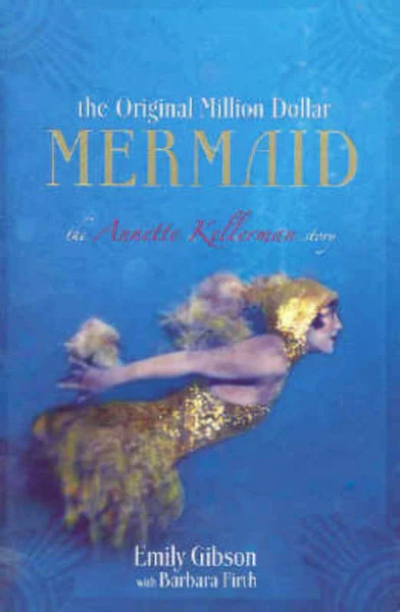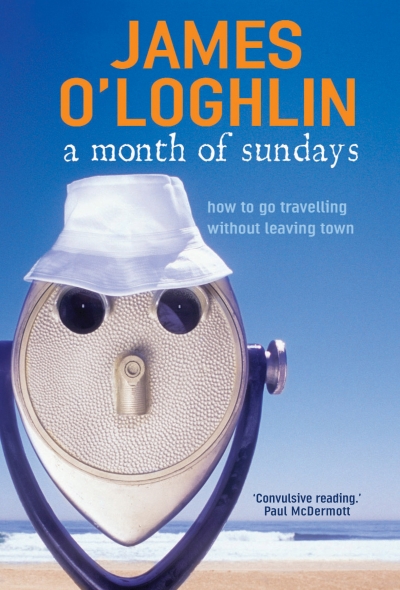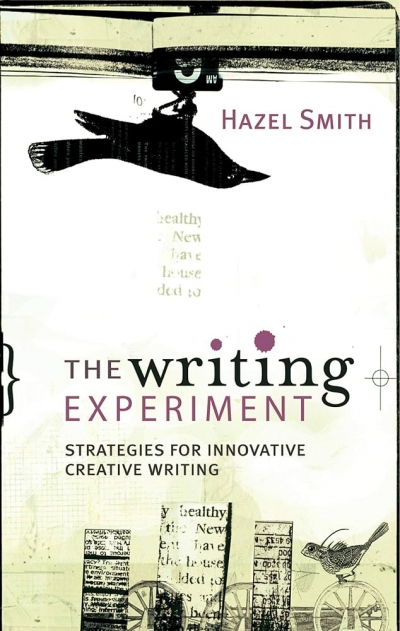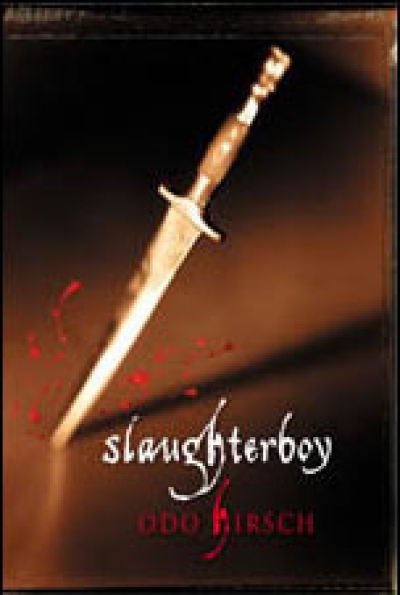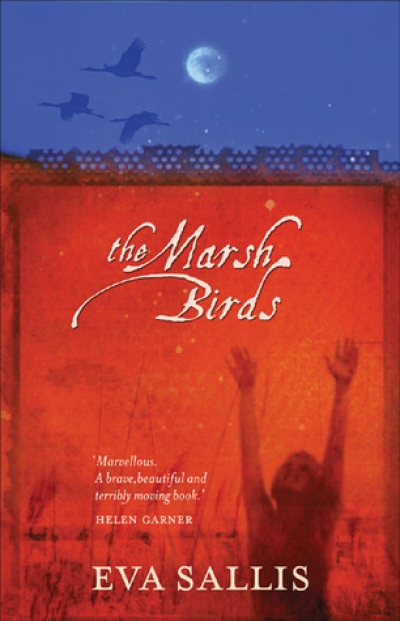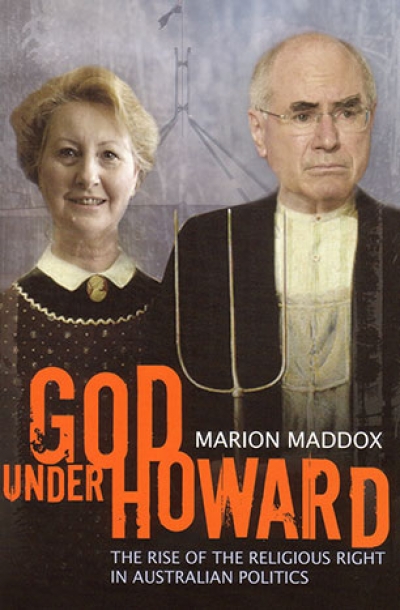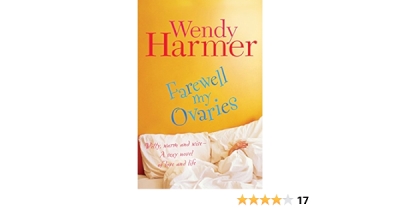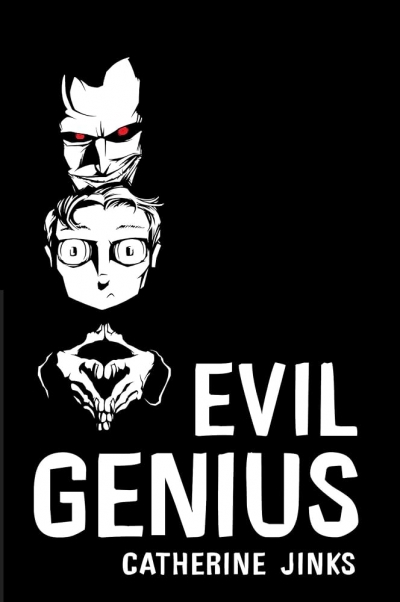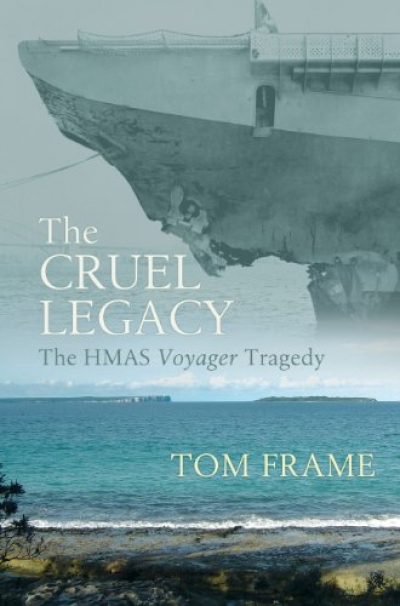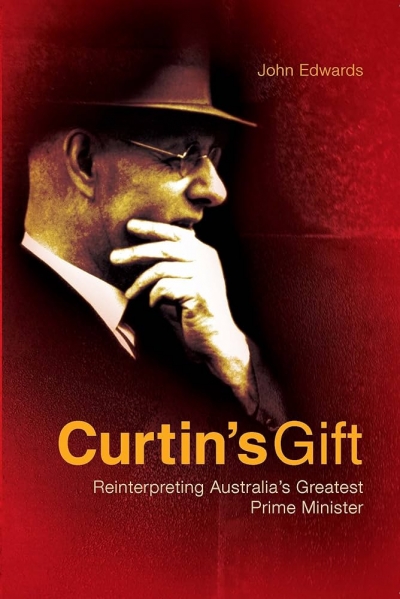At the start, Catherine Jinks’s teen novel Evil Genius resembles a local edition of ‘cult’ blockbuster phenomena such as Harry Potter and Buffy, the Vampire Slayer – wish-fulfilment fantasies about misfits initiated into a hidden élite. On page one, we are introduced to Jinks’s protagonist, Cadel (Welsh for ‘battle’), a brilliant but barely socialised young boy obsessed with computers. His adoptive parents are named Stuart and Lanna Piggott, which should tell you all you need to know. Aged eight, this outwardly placid but potentially vengeful nerd learns from his psychologist mentor that his true father is a mad scientist named Phineas Darkkon, who has made millions through scams such as a line of shonky vending machines, and who subsequently bankrolls a secret University of Evil located in central Sydney, where, a few years later, Cadel precociously winds up. Among the subjects on offer are Basic Lying, Forgery, Assassination and Guerrilla Skills; the other students include a Goth chemist who is trying to turn himself into a vampire, and a pair of bitchy, telepathic twins.
...
(read more)

